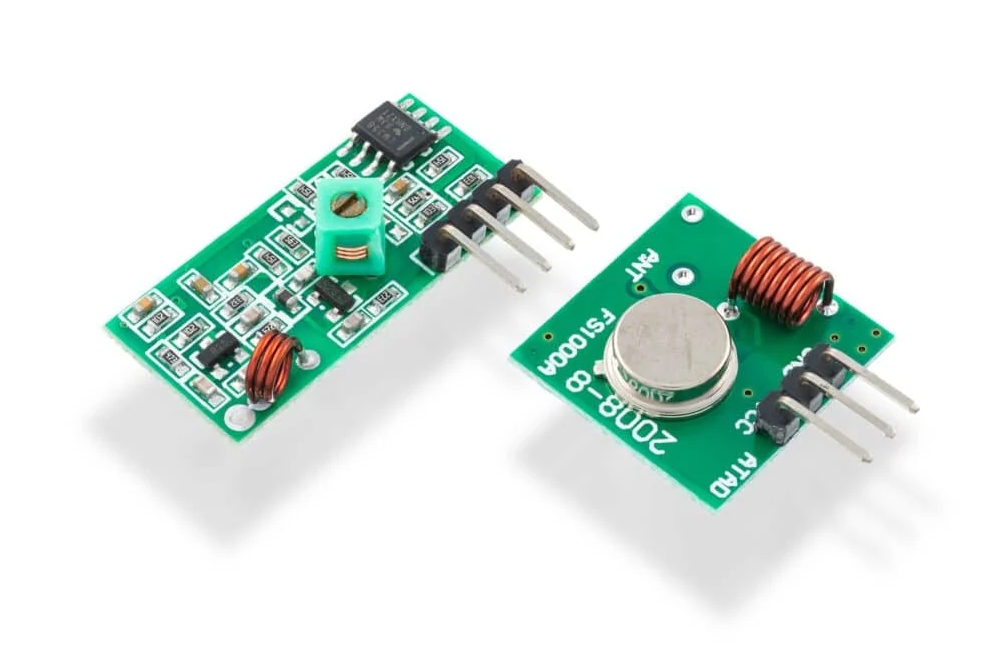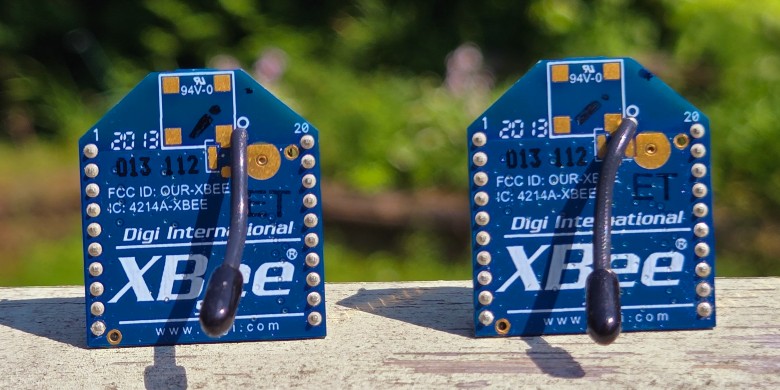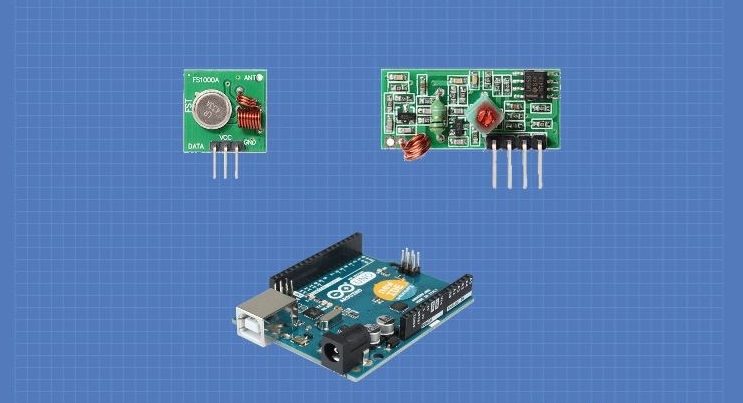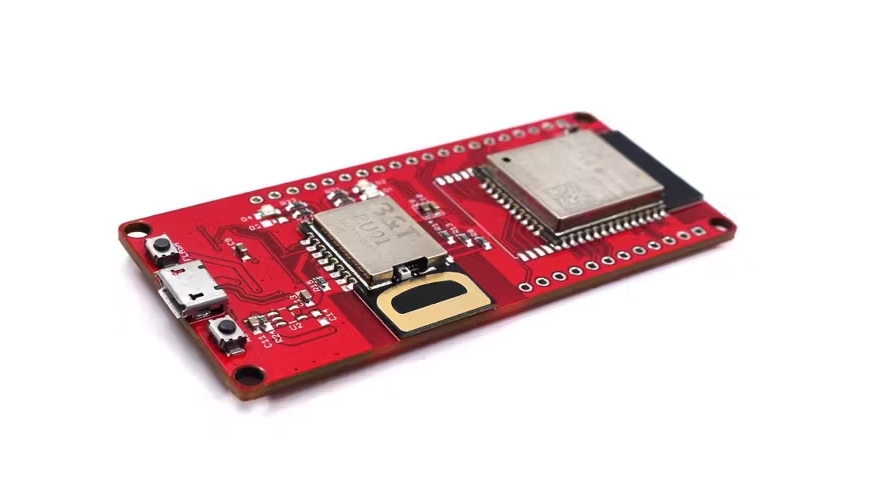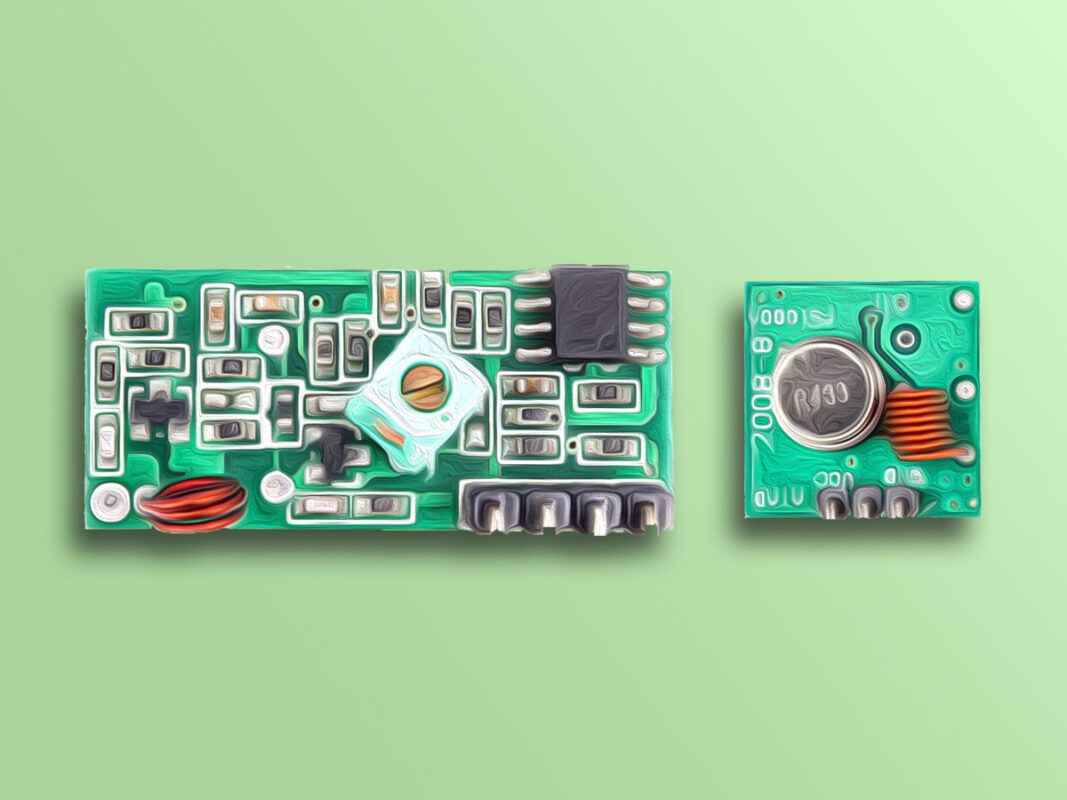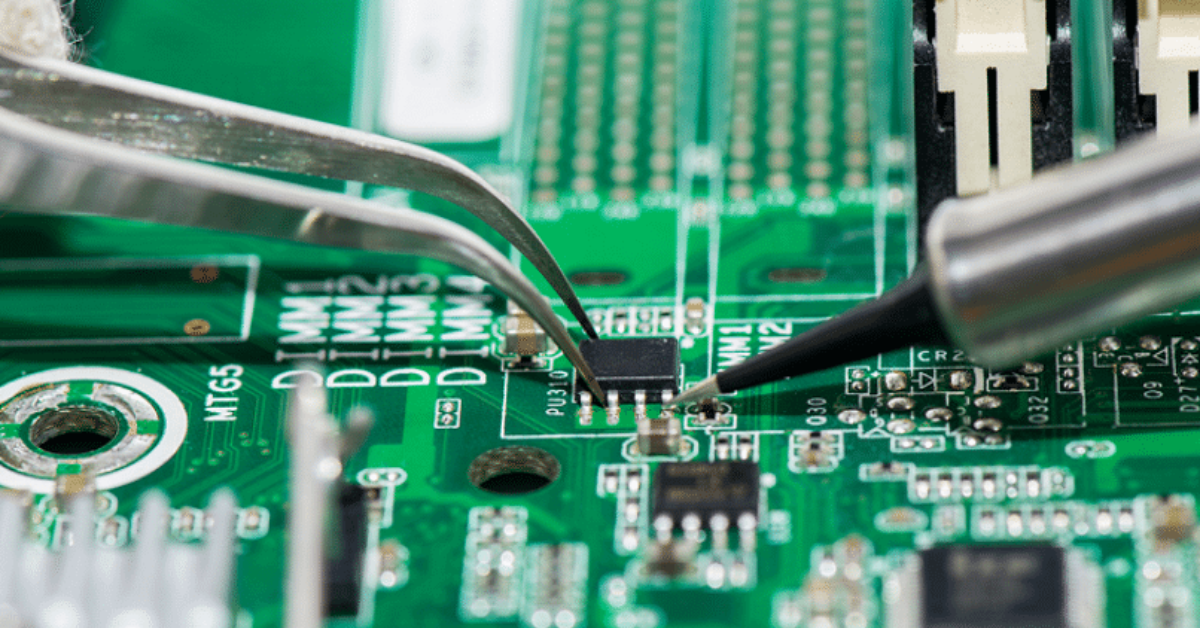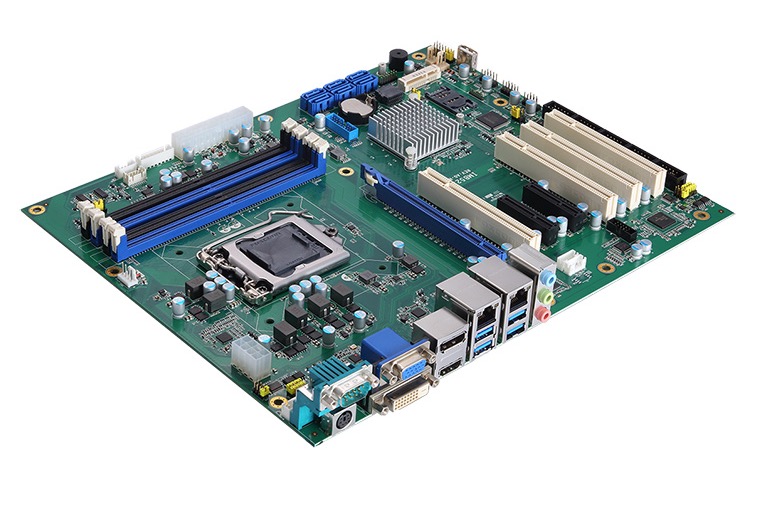
UWB Module vs Bluetooth and WiFi for High Accuracy Location
High-accuracy location has moved from a niche requirement to a core system feature. Indoor navigation, asset tracking, robotics, and access control all rely on precise positioning. A few meters of error can break automation workflows. In factories, location errors delay production. In hospitals, they reduce safety. Engineers now evaluate wireless

